
✍️ By Dr. Vivek G. Vasoya, MD (Homeopathic Psychiatrist & Psychotherapist)
Introduction
In the last few decades, we’ve seen a seismic cultural shift in how societies value productivity, independence, and success. Buzzwords like freedom, equality, and empowerment are now essential parts of our daily vocabulary. While these concepts are undoubtedly crucial for societal progress, one casualty of this shift has been the quiet, invisible erosion of respect toward one of the most psychologically and socially stabilizing roles in any society: the housewife.
What was once seen as the backbone of family life — managing home care, nurturing children, supporting the emotional climate of the household, and tending to the elderly — is now too often dismissed as “unproductive,” “limiting,” or “less than.”
This is not just a social mistake. It is a psychological miscalculation.
The Psychological Role of the Housewife
The housewife isn’t “just at home.” She is a regulator of emotional climates, an early developer of children’s cognitive and emotional frameworks, and often the first responder to health and crisis situations within the family. From a psychiatric and psychotherapeutic lens, her presence can be the buffer between functional family units and intergenerational trauma.
Children don’t learn values, discipline, or emotional intelligence in classrooms or YouTube videos. They internalize these through mirrored behaviors — often from the mother or primary caregiver at home.
When a housewife tends to a sick spouse or aging parent, she is not “sacrificing her potential.” She is embodying one of the most vital human experiences: empathic caregiving, which builds not just family bonds but the emotional literacy of an entire generation.
The Myth of “Outside Equals More”
There is a pervasive myth in modern culture: that anything that happens outside the home is more valuable, more respectable, more empowering.
Working outside is essential for many — but we must question why staying inside has become a symbol of regression. Is it because we’ve wrongly equated freedom with commercial productivity, or worth with wages?
The modern feminist narrative — rightly advocating choice — often fails to honor those who choose caregiving as their vocation. In doing so, we replace patriarchy with productivity-worship, not true liberation.
Emotional Labor is Real Labor
Psychologically, emotional labor — soothing, resolving conflict, reading nonverbal cues, offering comfort — is one of the most intense cognitive demands on the human psyche. Housewives do this every day, without breaks, without titles, without applause.
In clinical practice, I’ve seen countless professionals — doctors, executives, bureaucrats — break down emotionally, only to admit the one person keeping their internal world stable was “my wife who just listens.”
If emotional survival is the hidden fuel of our high-performing lives, why do we not value its most consistent source?
The Consequences of Devaluation
Children raised in emotionally vacant homes develop faster intellectually but often grow up anxious, disconnected, or aggressive.
Partners in dual-income homes without conscious emotional scaffolding experience more marital drift, burnout, and loneliness.
Elderly parents in urban setups face neglect, not because families don’t love them, but because no one is present — physically or emotionally.
In the name of freedom, we have outsourced our intimacy.
Reframing Feminism, Reclaiming Respect
True feminism is about freedom of choice — not one template for all.
If a woman chooses to be a housewife, raise children, and be present during a family illness, that is not a lack of ambition — it is an act of relational strength and existential clarity.
A society that shames its nurturers cannot expect stable generations.
A Call to Cultural Maturity
Let us stop asking, “What do you do?” as a measure of respect.
Let us start asking, “Who do you hold up?”
Because in every well-raised child, every emotionally surviving adult, every dignified old age — there is almost always someone who held the emotional ground without expecting a title or paycheck in return.
Often, that someone is the housewife.
And it’s time we say it without irony:
That is enough.
🔹 Dr. Vivek G. Vasoya, MD (Hom.)
Psychiatrist | Psychotherapist |

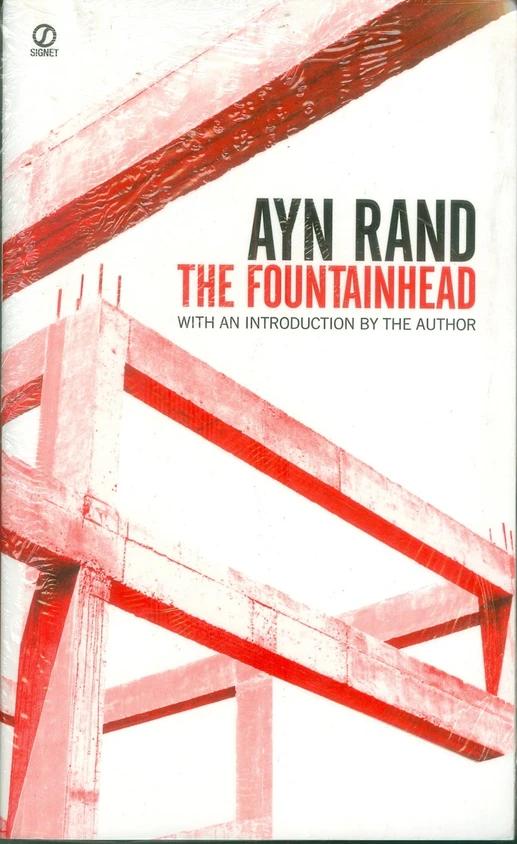

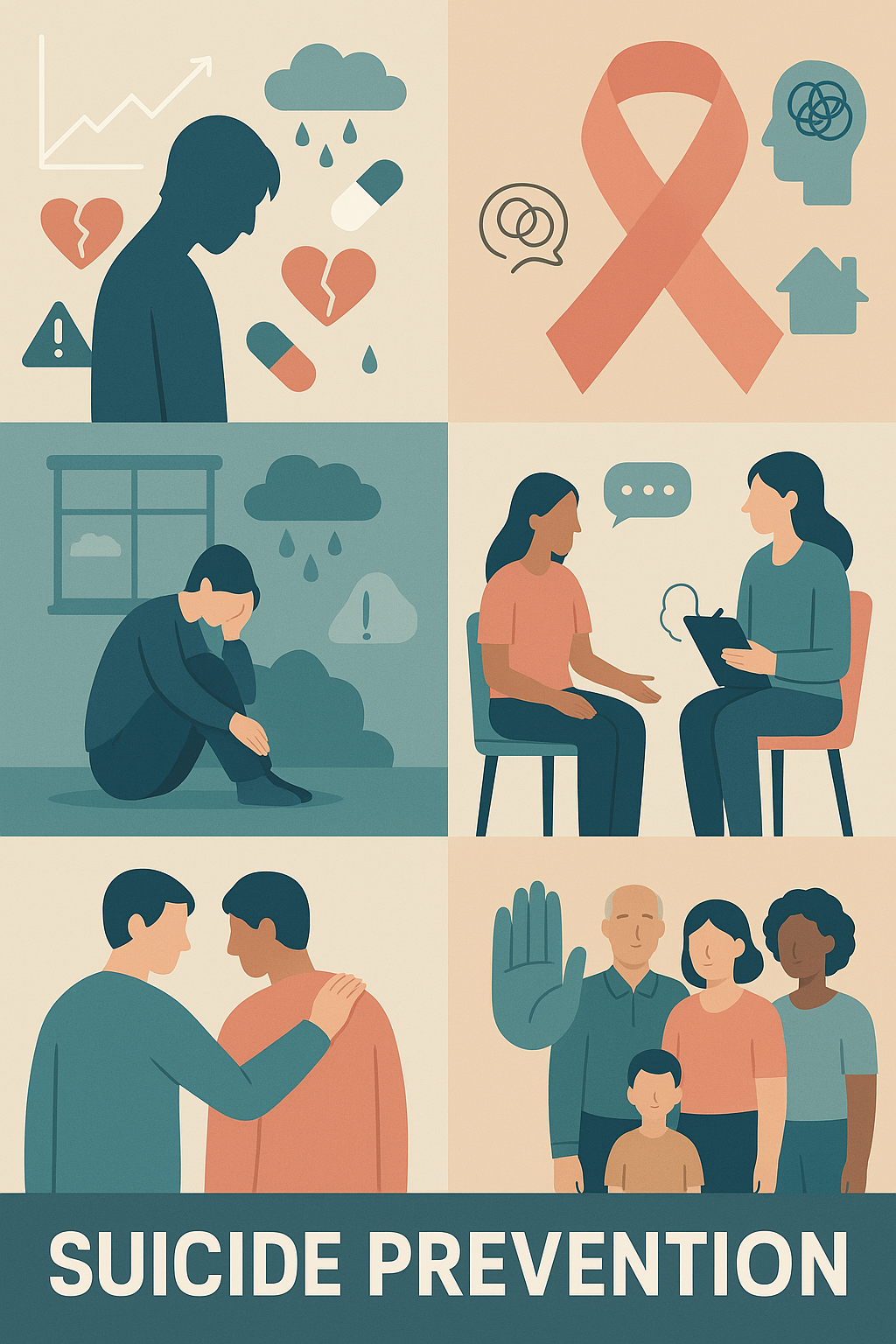
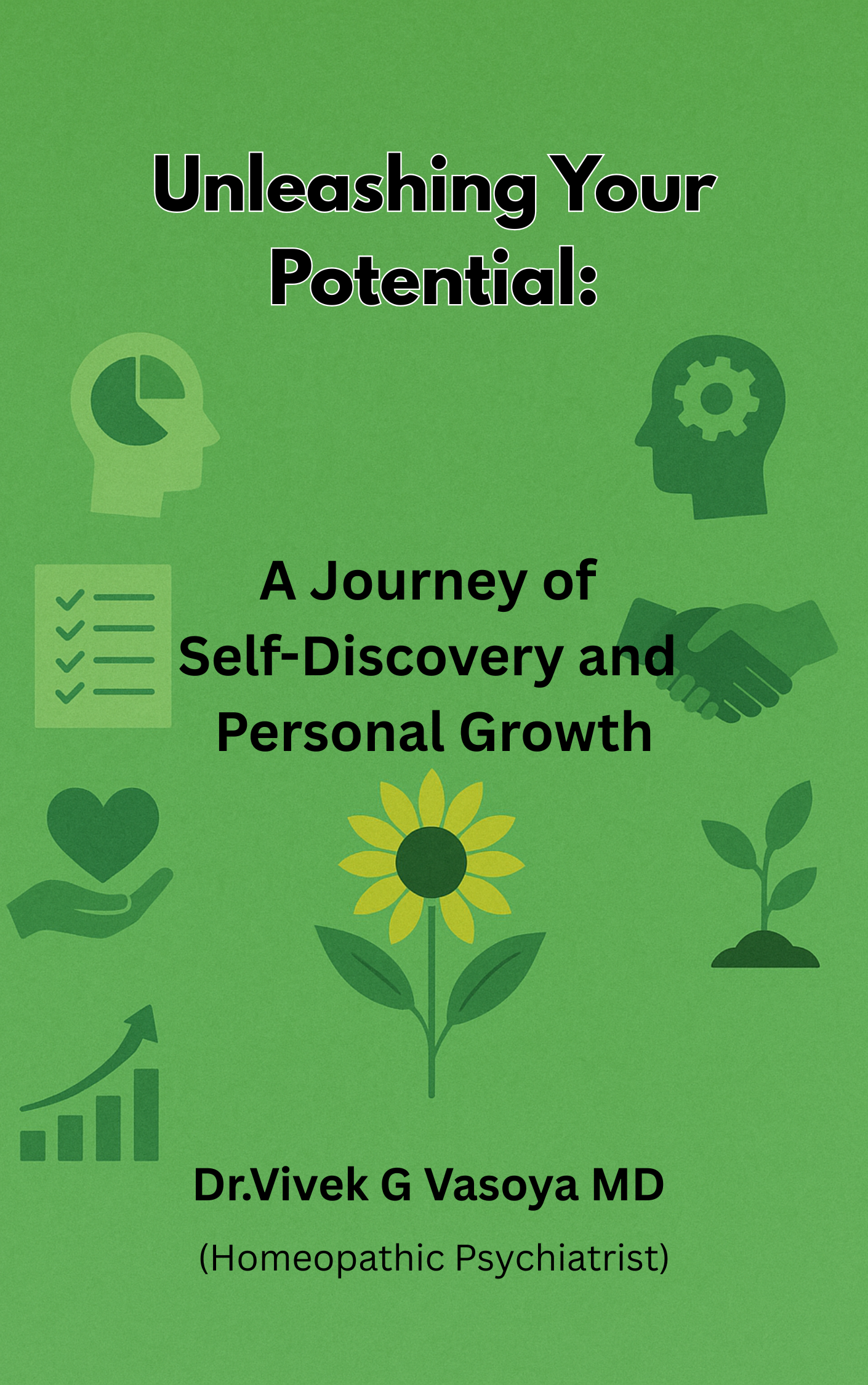
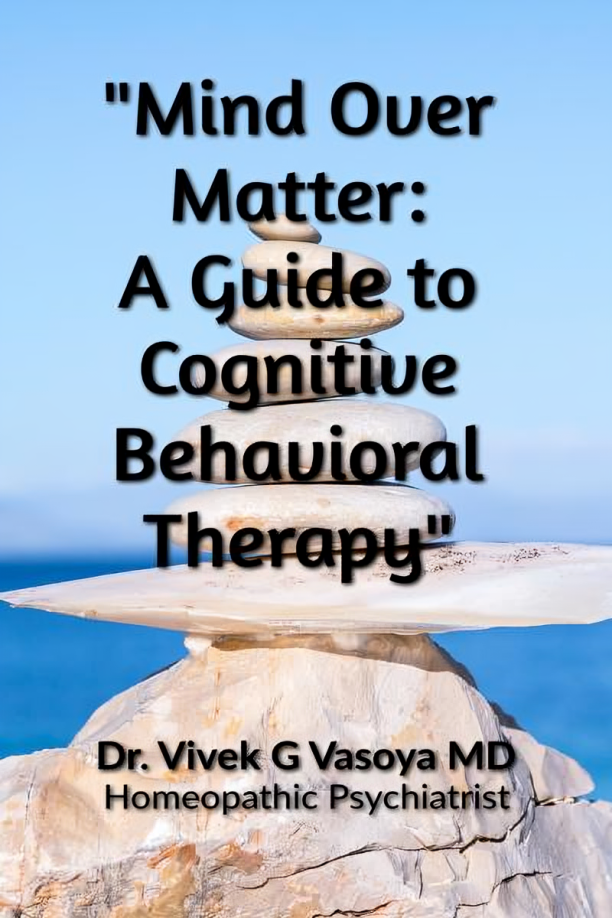
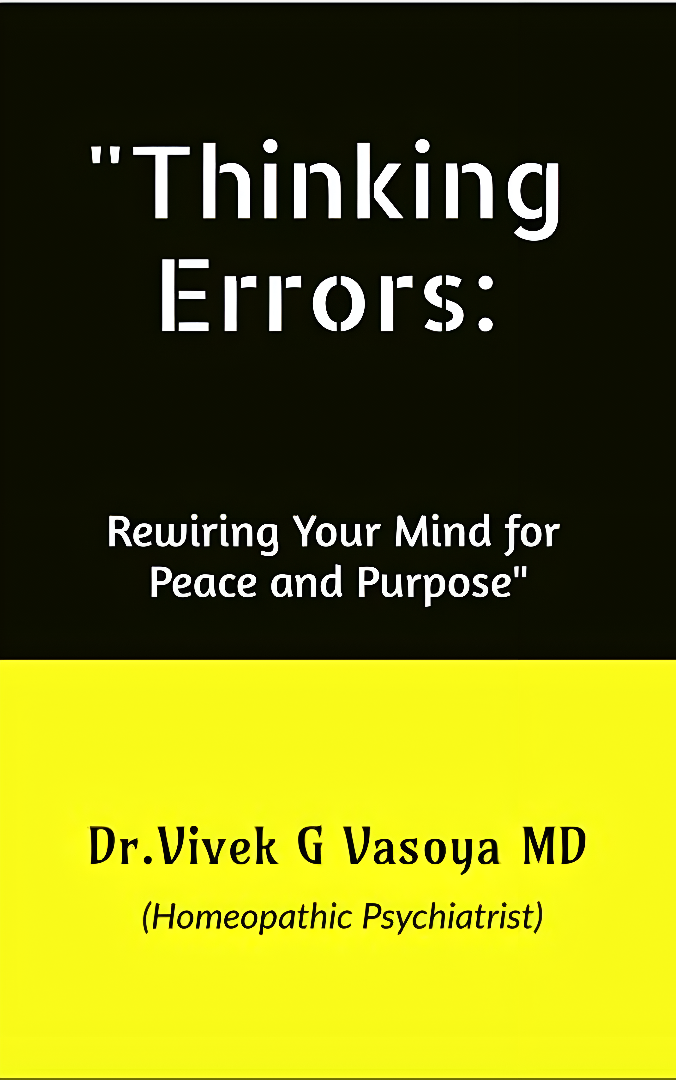
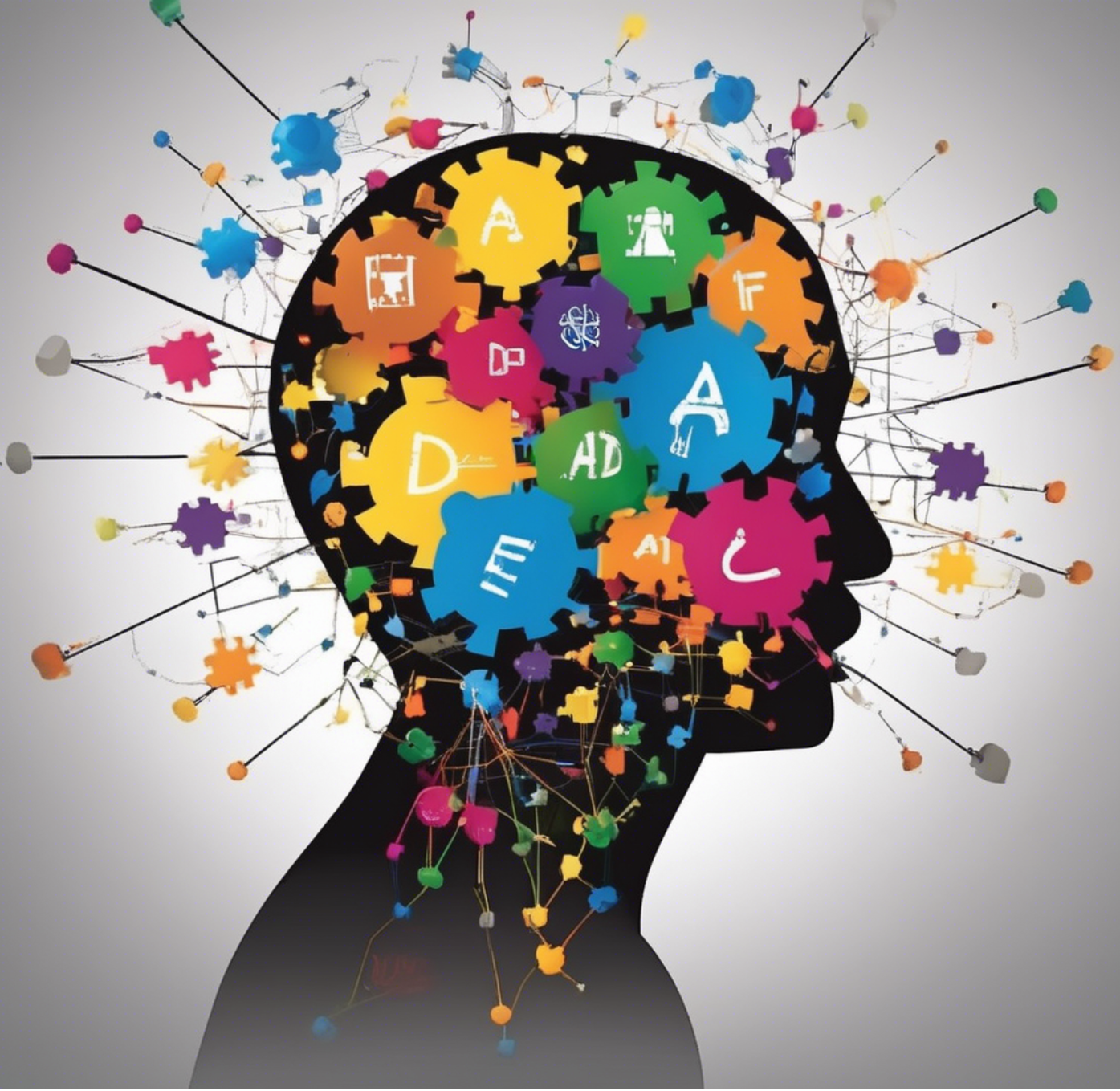
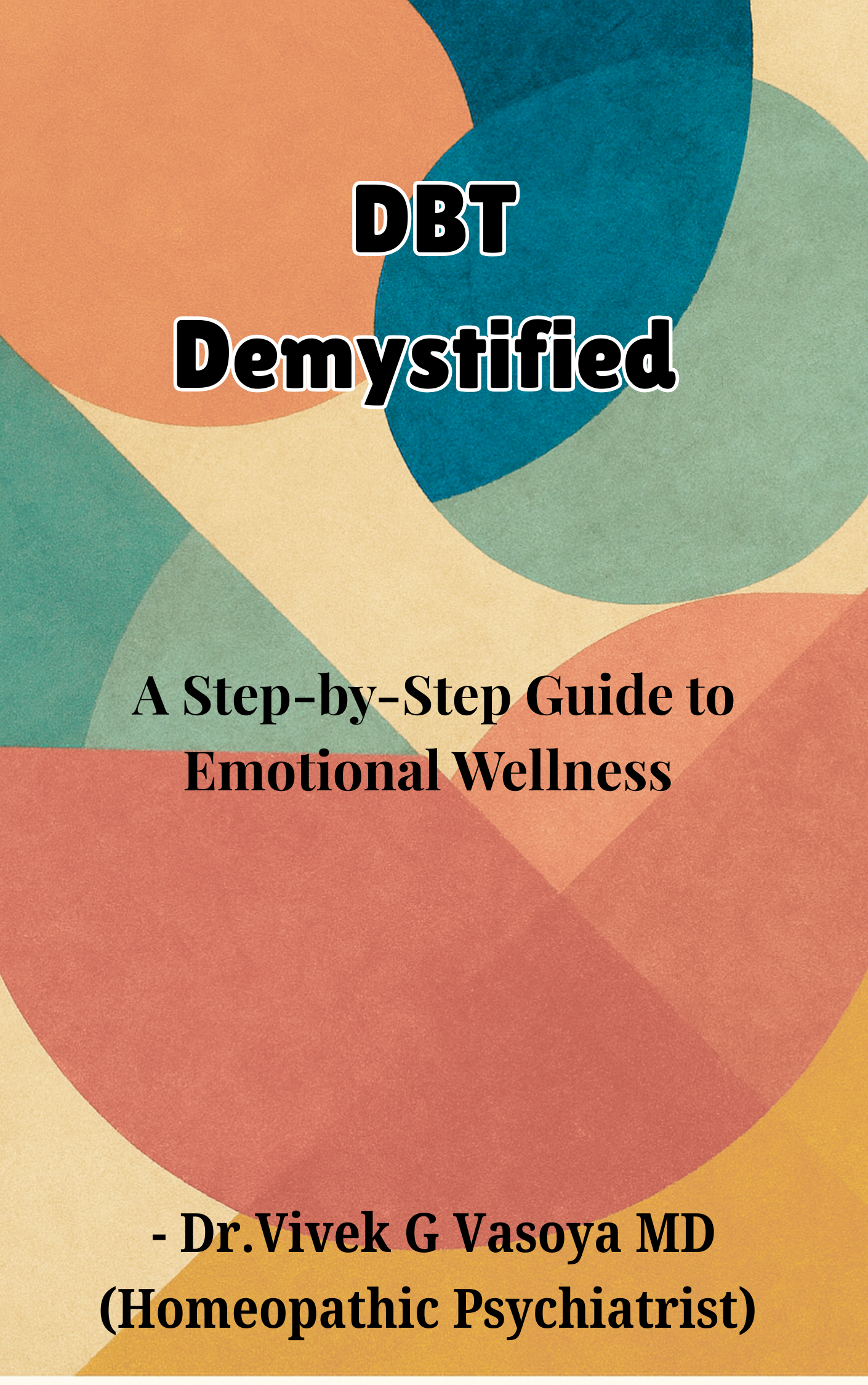
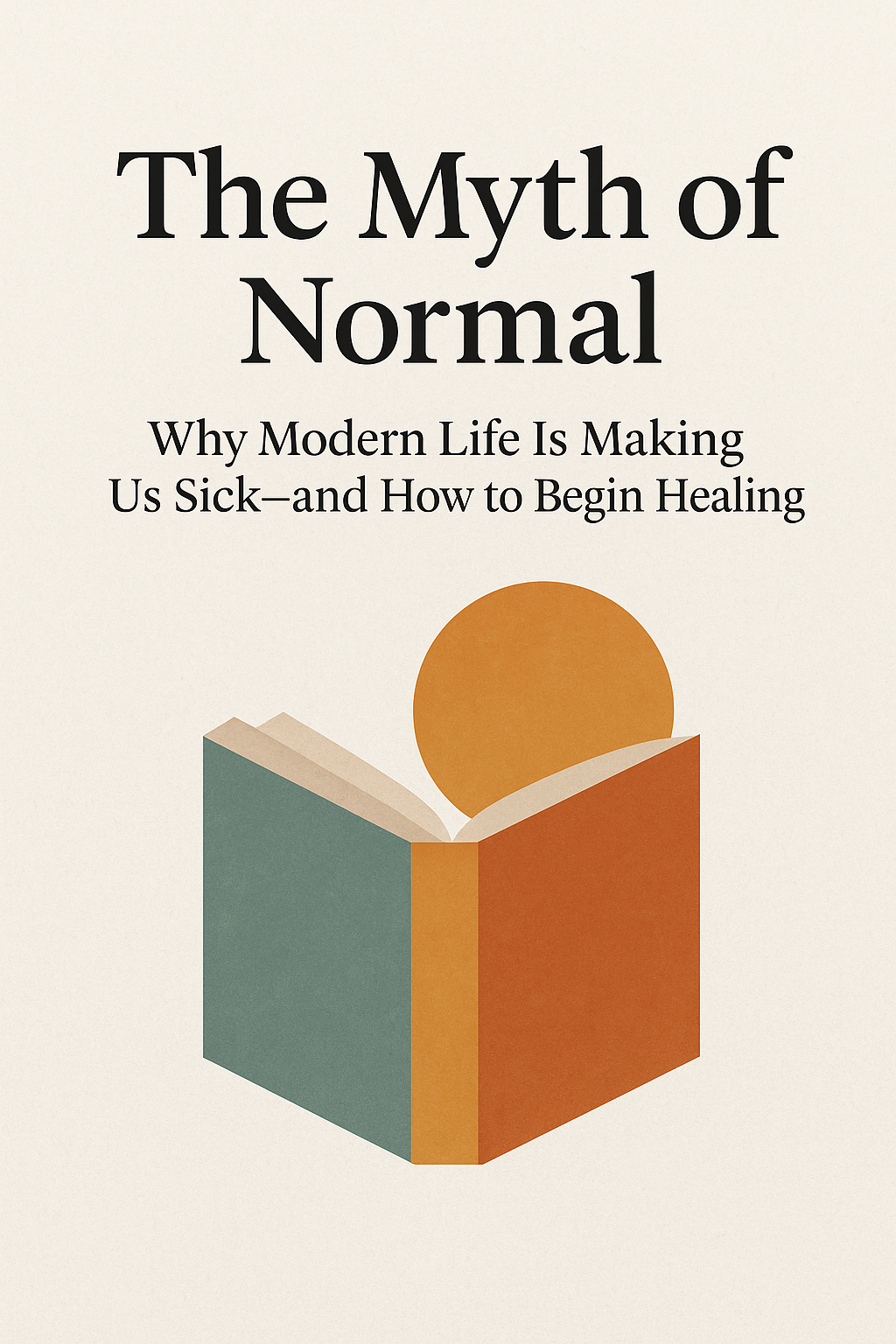
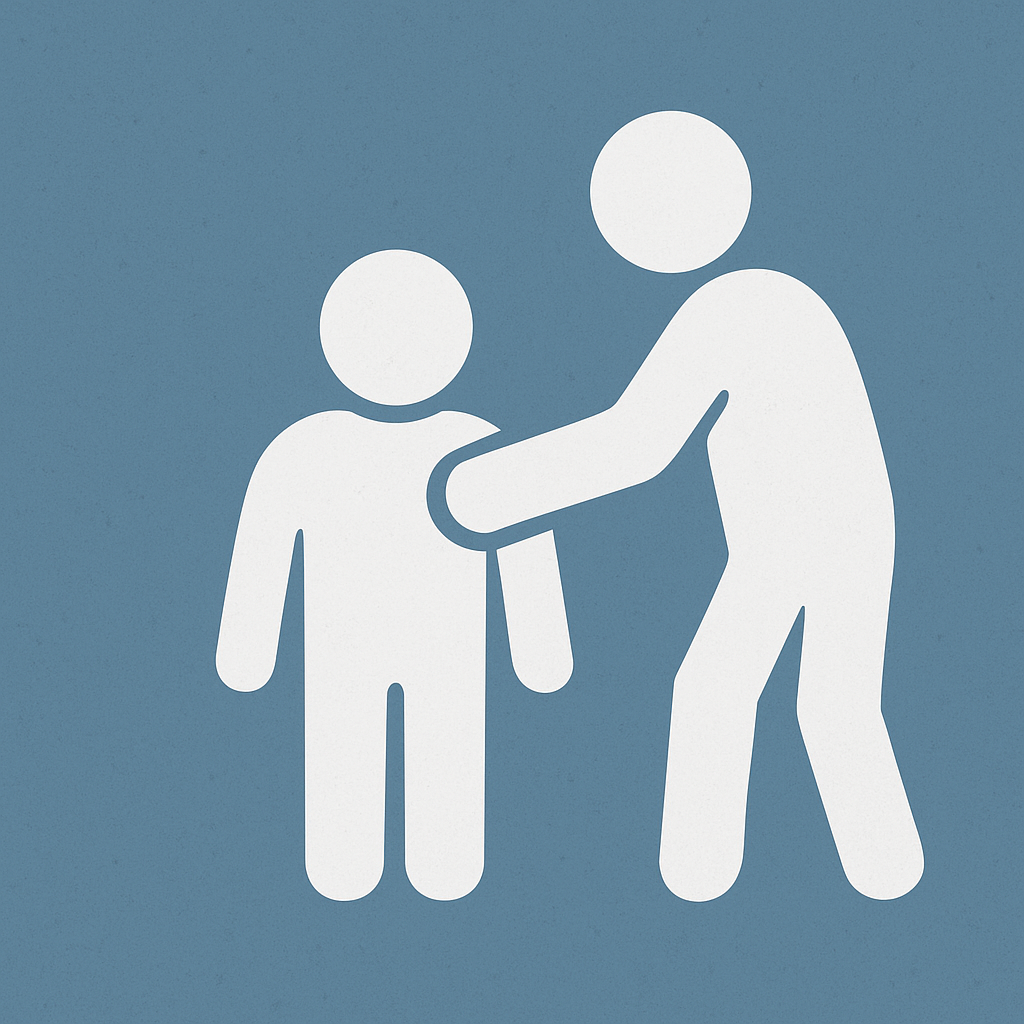
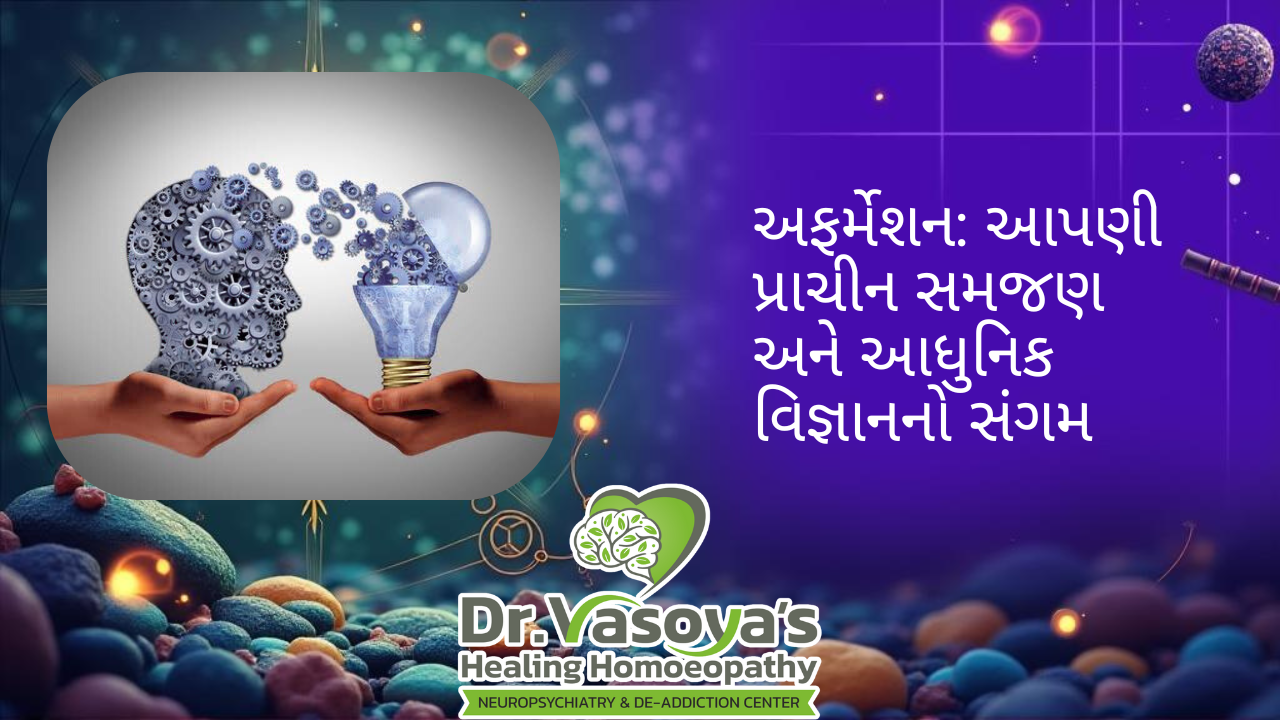
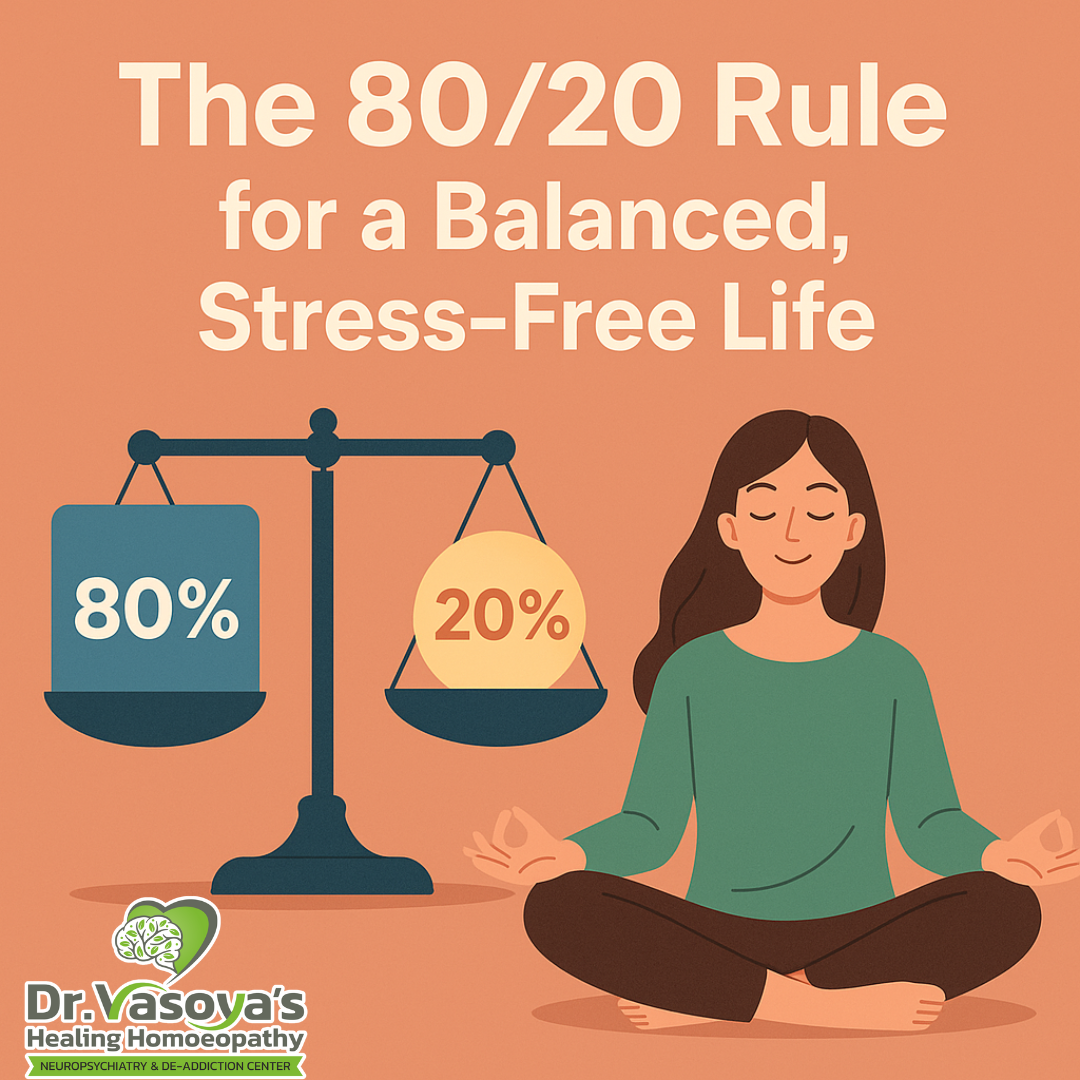
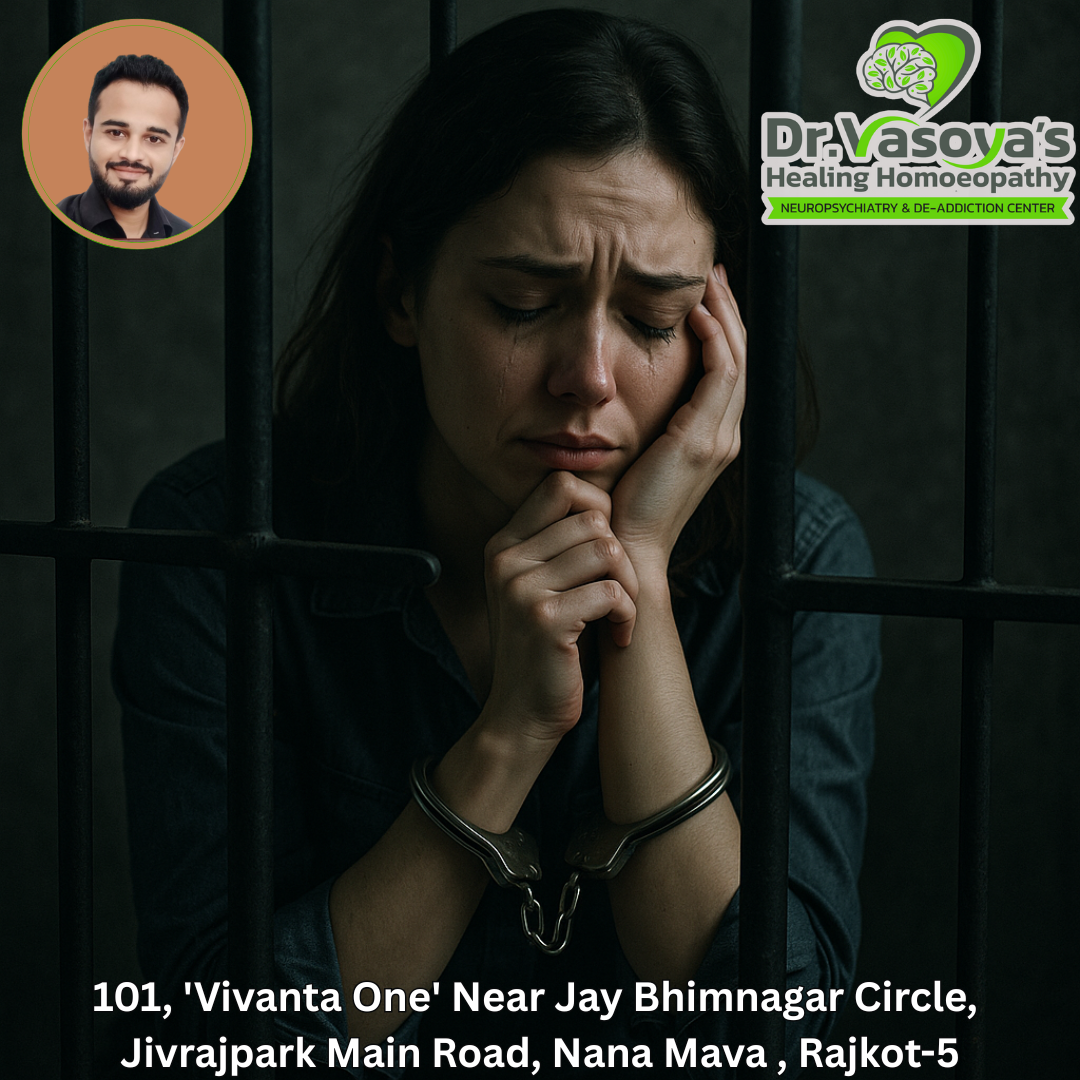






Write a comment ...